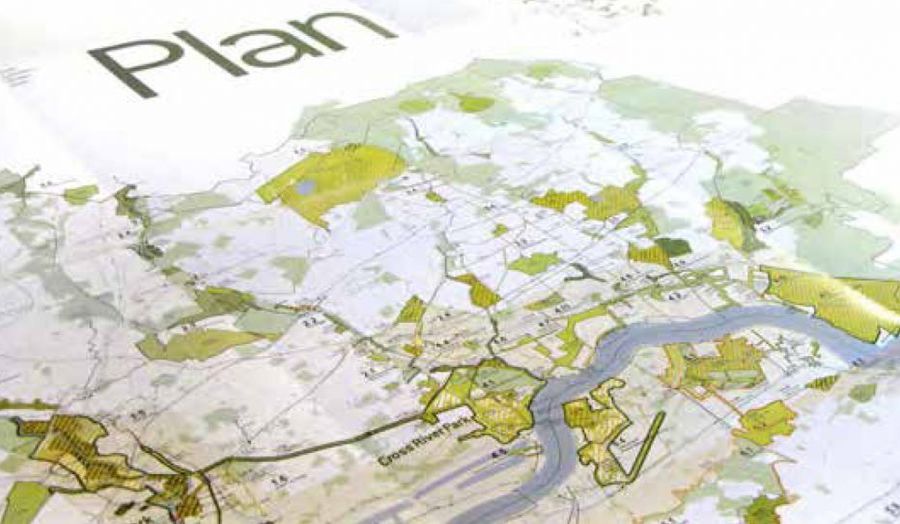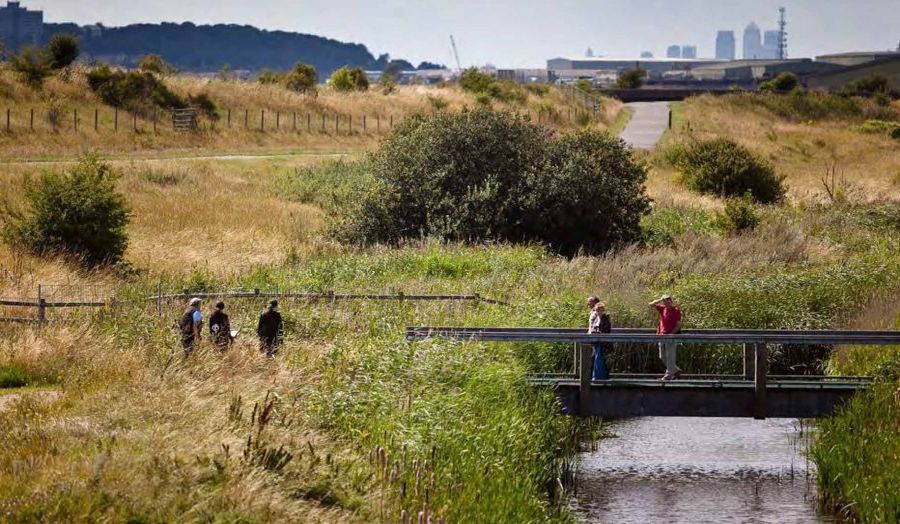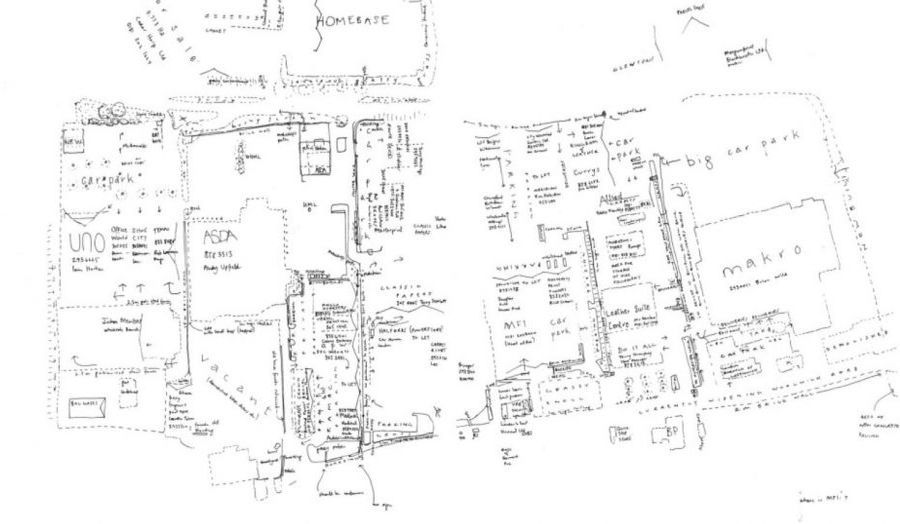Professor Mark Brearley is an architect who has concentrated for 26 years on urban projects and nurturing the evolution of places.
.jpg)
Mark Brearley
Mark become a guest professor at London Met in 2011 and then established his office there in 2013, in a room overlooking Whitechapel High Street. Mark has led the creation of Cities, a bold strengthening of the School's part in the shaping of cities, and a new influencer of London’s future. He is closely involved with directing and teaching the Cities Unit. He is also the proprietor of a manufacturing business in Bermondsey.
In 1996 he established the urban strategy consultancy East, where he was a partner for six years, gaining a reputation for a patient and provocative role in regeneration and planning. He worked for the Mayor of London from 2001; firstly with Richard Rogers and the Architecture and Urbanism Unit, and then with Design for London where he led the team for the five years until 2013. He served for several years on the Mayor's Design Advisory Panel. These days he is a frequent visitor to European cities, giving advice on their futures, making observations and sharing ideas.
He has extensive experience as a teacher, his work and ideas have been broadly disseminated, and he has lectured widely in the UK, Europe and beyond. Mark has coordinated several publications, has written lots of words, and has recently commenced a collaboration with the Victoria and Albert Museum to assemble an archive of contemporary urban design in London.
Mark has been a part of numerous special projects in London and beyond. He has made a big contribution to the planning and shaping of development across London. In his role with the Mayor of London, he has been closely involved with a few hundred live projects, has helped craft the growth of over 90 London localities, has worked on the formulation of policy, and the creation of planning frameworks and masterplans.
He initiated the Mayor's work focused on London's high streets, led research on their significance, and steered the programmes. He has defined and pushed forward city-wide initiatives including the London Green Grid, the Mayor's Great Spaces and the Outer London Fund.
To get more going to improve London's big green space network, Mark recognised the need for a programme of publishing, of enlisting constituencies and of building a civic commitment. The opportunity to act on a substantial scale came through his role on behalf of the Mayor of London. The East London Green Grid Primer of November 2006 was in effect a mission statement that was followed from 2008 onwards by a broad process of combined research and action. Mark has remained at the centre of this process while gathering support and resources, and seeing the results in the city. This is a good example of his talent for making good things happen.
A major part of Brearley’s interest has been public space and the city’s outdoors. He has argued for recognition that parks and green spaces are not just a passive amenity but a subtle topography of settings that carry strong individual and communal identity. He has argued that action is needed to enable fuller popular use of this topography and that a richer culture of these spaces could be nurtured through simple means.
Brearley has driven forward a successful experiment in action research. This is not an open-ended research project of a purely theoretical kind which could be implemented as practice everywhere in a top-down manner. Instead it is an innovative type of research that includes the capacities and imagination of the participants or collaborators. It is research into what is concretely achievable with the material, social and institutional resources to hand.
A major part of Brearley’s interest has been public space and the city’s outdoors. He has argued for recognition that parks and green spaces are not just a passive amenity but a subtle topography of settings that carry strong individual and communal identity. He has argued that action is needed to enable fuller popular use of this topography and that a richer culture of these spaces could be nurtured through simple means.
Brearley has driven forward a successful experiment in action research. This is not an open-ended research project of a purely theoretical kind which could be implemented as practice everywhere in a top-down manner. Instead it is an innovative type of research that includes the capacities and imagination of the participants or collaborators. It is research into what is concretely achievable with the material, social and institutional resources to hand.
| mark@mboffice.org.uk |



